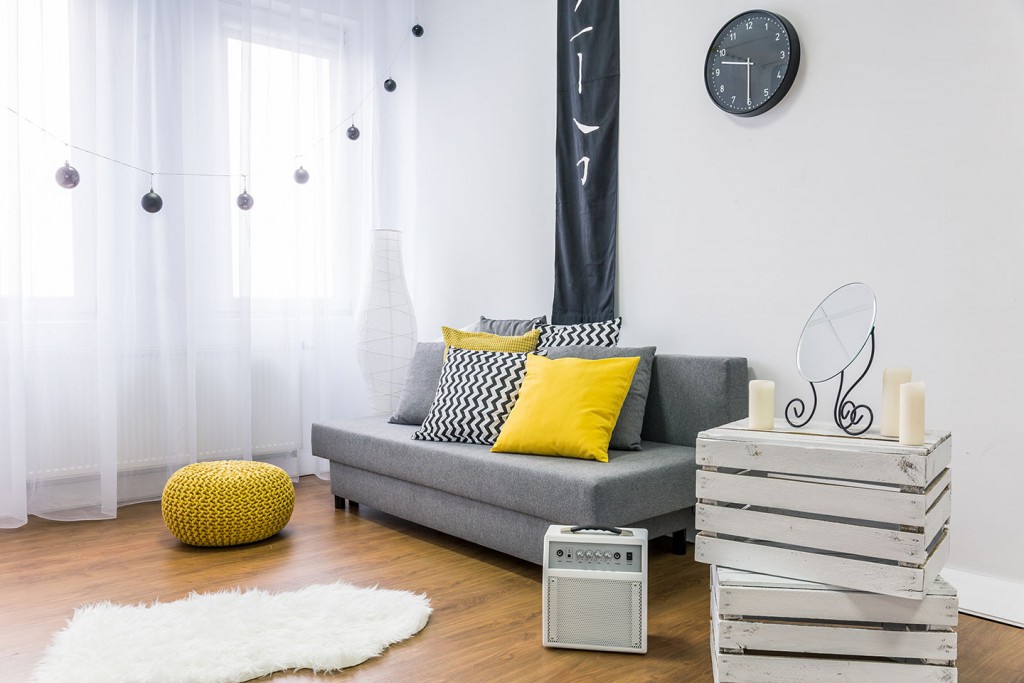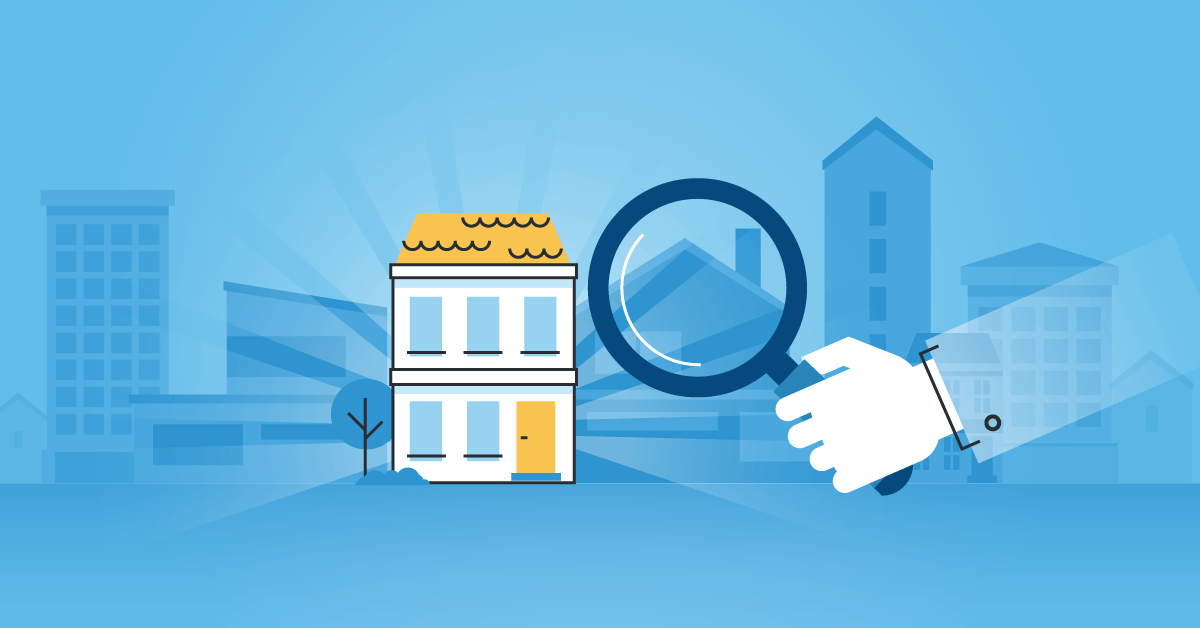Finding A Property To Rent

Here are 7 tips for finding your next property to rent in Malaysia
Start your search as early as possible
The best rentals, in terms of price, location and amenities, go earlier in the month, so don’t wait until mid-month to look for a new place to live. It’s best to start searching 60 days before you need to move, especially if you are looking for a rental property where there isn’t as much available. The second and third weekends of the month tend to be the busiest. If you start your search the first weekend of the month, there will be less competition and the best properties will still be available.

Use a professional real estate negotiator
Real estate agents are available to help renters find properties free of charge. The key is to find a negotiator who specializes in rental properties in that location. Make sure you are talking with an agent who has knowledge on the apartment buildings and neighbourhoods where you want to rent.

Determine Your Affordability
Create your budget with a simple excel sheet. Detail your income and expenses down to the cent, from fixed obligations such as phone bills, student loans, and car payments, to variable month-to-month costs such as groceries, entertainment, and clothing. You can lower your food bills by using coupons, and save money on your astro, smartphone, and Internet by bundling all three services under one provider. These small moves can really add up, giving you the funds you need for your future housing.

Gather Your Down Payment
All landlords require a rental deposit, which usually includes 2 month’s rent, along with a utilities deposit which is 1/2 month’s rent. Therefore, if you’re spending RM800 per month for a new place, you need RM2,000 ready to go when you actually sign your lease. Your rental deposit is generally returned if you leave the property in the condition you found it. Otherwise, it can be applied to maintenance, repairs, and cleaning.
While you won’t need to give a landlord a rental deposit until you sign the lease, it’s always a good idea to have the amount saved up in your bank account. That way, you won’t lose out on a potentially perfect apartment to a better-prepared renter simply because you didn’t have the money.

Prepare Documentation
Landlords take a substantial financial risk if they don’t thoroughly check out each applicant, so in addition to credit and background checks, some may require extra documentation. Gather the following papers and keep them on file in advance of your search:
Letter of Employment
A landlord needs to know you’re gainfully employed and able to make monthly payments based on your salary. This letter should be printed on company letterhead and include an affirmation that you work there, the duration of your employment to date, and your monthly or yearly salary. It should be signed by a supervisor.
Pay Slips
These corroborate the information in the letter of employment.
Reference Letters
A landlord wants to know that you’re a great tenant. If you’ve rented before, ask for reference letters from past landlords explaining that you paid your rent on time and cared for the property. If you’ve never rented before, ask for letters from previous employers or acquaintances who can confirm that you’re responsible and honest. Just make sure they’re from people not related to you – glowing recommendations from your mom won’t do the trick.

Do a Walk-Through
Don’t sign that lease just yet. After everything checks out and you’re happy with the apartment, location, and landlord, you should do a final walk-through before signing on the dotted line. Because previous tenants may have caused damage or maintenance issues, you need to be sure that you won’t be responsible for any issues that weren’t your fault.

Read Over and Sign the Lease
Lease agreements vary depending on time frame and contract terms. A Fixed-Term Lease Is Most Common. Contract with your landlord to stay in the apartment for a specific period of time –a year, maybe even two years. In many cases, if you choose to move out, you’re still responsible to pay for the time left on your lease, whether you live in the apartment or not. This can mean locking in a lower rate, though, which is ideal for longer-term living situations. Occasionally, landlords let renters out of their lease if a penalty is paid, so be sure to discuss contingencies before you sign. If renting a property is not the best option for you, you can always consider a RTO / Rent to own scheme.

